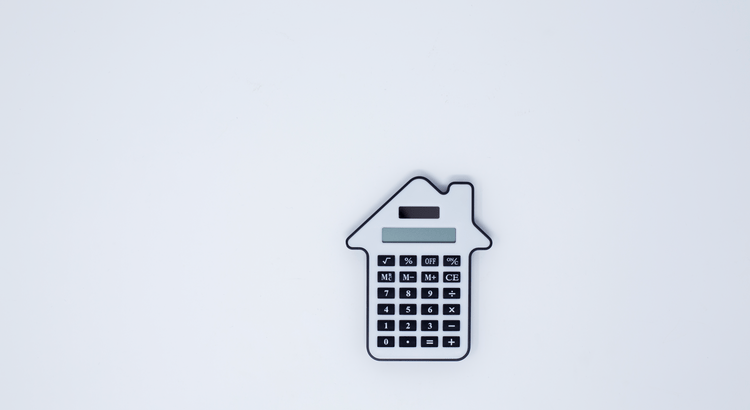Dipping Into Stocks for a Down Payment
To finance a home purchase, some home buyers are reaching deep into their savings.
In 2014, about one-fifth of borrowers sold stocks or bonds or borrowed against their retirement accounts in order to pay for a home purchase, according to the National Association of REALTORS®.
“There are no hard and fast rules regarding if and when to cash in stocks to make a home purchase,” The Wall Street Journal reports. But many financial planners would caution about borrowing from a retirement plan since home owners risk penalties and an income-tax bill if they don’t follow the loan repayment terms.
The Wall Street Journal highlights a few items for borrowers to consider:
In 2014, about one-fifth of borrowers sold stocks or bonds or borrowed against their retirement accounts in order to pay for a home purchase, according to the National Association of REALTORS®.
“There are no hard and fast rules regarding if and when to cash in stocks to make a home purchase,” The Wall Street Journal reports. But many financial planners would caution about borrowing from a retirement plan since home owners risk penalties and an income-tax bill if they don’t follow the loan repayment terms.
Read more: What's an Average Down Payment?As an alternative to selling stocks, some borrowers are instead getting a loan secured against their assets. For example, Bank of America Merrill Lynch offers a “loan-management account” that offers borrowers a line of credit based on their Merrill Lynch taxable brokerage portfolio holdings. The funds can go to several uses, including to come up with a down payment to pay for a home. But there is a risk: If the stock market drops significantly, borrowers may be required to a margin call and be forced to pay the difference between the required collateral amount and its current market value, says Mike McPartland, head of investment finance for Citibank Private Bank North America.
The Wall Street Journal highlights a few items for borrowers to consider:
- Don’t wait until the last minute to cash in stocks, banking on values to rise. Stocks could drop and affect a borrower’s ability to qualify for a loan. Also, buyers could risk delays on the home closing since the sale and money transfer can take several business days, says Peter Grabel, managing director of Luxury Mortgage Corp., based in Stamford, Conn.
- Lenders tend to value cash in a bank account as more than stocks or mutual funds when determining whether the applicant qualifies for a mortgage. Lenders usually value a portfolio at 70 percent of its current monetary value, Grabel says.
- Capital-gains taxes could lurk. Borrowers who have had stocks appreciate significantly likely will face the tax when they sell their holdings, which could then end up adding to the cost of the home.

No comments:
Post a Comment